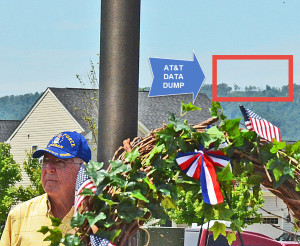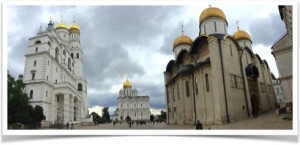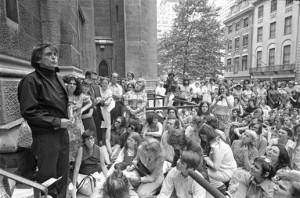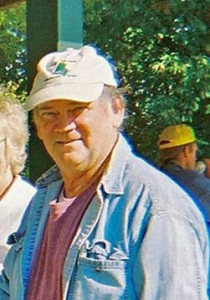 I ran Sunday morning.
I ran Sunday morning.
It was on an island, Vasilievskiy, in St. Petersburg, Russia, a long walk or a short taxi ride across one of several bridges from the island to the Hermitage or the main drag, Nevsky Street,
The island had hardly any traffic, and few stragglers, in contrast with the celebrations across the Neva River, at the center of St. Petersburg, commemorating Russia’s 1945 victory over Germany in World War II.
There were local parks and broad avenues to run, until the streets narrowed into a warren of quaint back streets, and I came upon some local folk walking, heads slightly bowed, speaking softly in Russian.
I stopped running, and was soon walking with them.
The women wore muted colored scarves pulled over their heads. The men were unsmiling but not unpleasant. The children were moderately respectful of their parents’ directives.
After a block or so, adult singles, couples and families, turned out in pleasant dress and manner, formed a swelling stream of humanity headed toward a narrow security gate just ahead.
A solitary thin woman in a long black dress stood across the street, not far from the gate, framed by a magnificent small church topped with sunlight brilliant gold eggs, each the height of five men, with crosses fixed above that brushed the blue sky.
The crowd gathered at the narrow check point, just past the darkly dressed lady, crossed the barrier, and marched onto a broad walkway.
It first appeared to be a park or garden, but then more like a natural forest.
It was the Smolenskoye Cemetery, hundreds of years old by the dated headstones.
Crosses standing over unseen grave sites emerged from a back lit growth of grasses like they were flowers instead.
Concordant with the complexity of nature, there was a harmony in this place of what is with what was.
Nature seemed to embrace and lend life to the dust we contemplate is our end, salving the pain of the living walking among their remembered loved ones.
A large crucifix lay flat on the ground, at an angle crossing the grave site, resting on a bed of flowers.
There were the signs left by the living in memory of those they lost, saying something about who they were and why they mattered and still do to those who are with us.
One family had placed photographs encased in aged porcelain of a married couple, in separate photos, smiling as they had before they left us for this garden of what was.
Those who bury their loved ones know such places.
Plainly, the people of this island in St. Petersburg struggled to find a way to say something special and different; the usual just wouldn’t do.
This was a place of grief but also a place of love and reconciliation and respect.
An older slight lady, in a warm sandy coat, weighing as much as her frail self, bent by age, a royal purple scarf about her head, sat by the side of the walk way, a bag of her things beside her, her white cane resting against the slight hill’s decline. She didn’t ask for alms except by the sad empathy that hung about her. I had only a few quarters, and no rubles. I gave her what I had. She looked up into my eyes and crossed herself.
 Hard nerveless working men wrapped their arms about their women as they left. Some cried. They comforted each other. Young and old, comfortable and working poor, all made their devotions in different ways. Young children seemed to learn something from their visits – if their restrained and respectful conduct, as they were leaving, was any indication.
Hard nerveless working men wrapped their arms about their women as they left. Some cried. They comforted each other. Young and old, comfortable and working poor, all made their devotions in different ways. Young children seemed to learn something from their visits – if their restrained and respectful conduct, as they were leaving, was any indication.
How can people around the world feel love for those they lose and still harbor hate and suffer division from others who care as much for those they’ve loved and lost?
Why does human kind suffer this arrhythmia?














